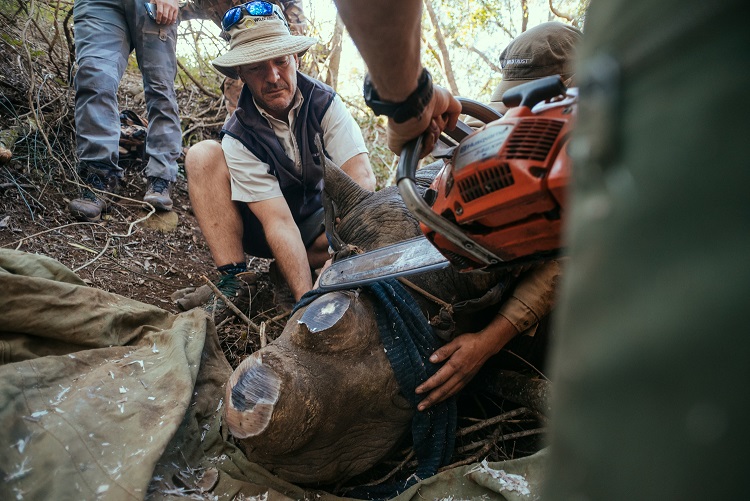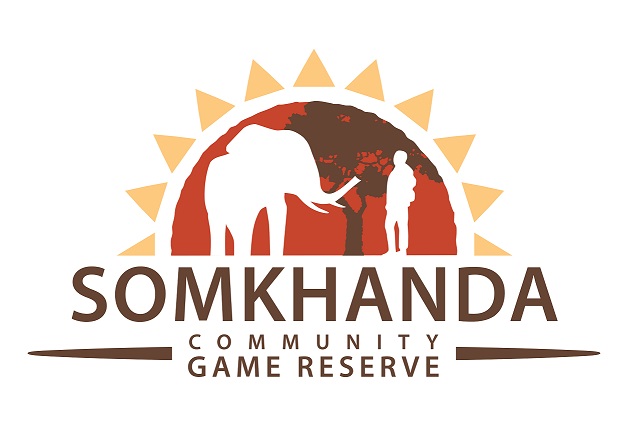Current 1: Tokenizing Wildlife
Together with our Dutch tech partner Coorest OÜ and one of our network members in Southern Africa we will be launching this project ‘Tokenizing Wildlife’ timely.
For the first time ever, individual real-world animals get a digital twin. Linking a real-world animal to its digital twin happens through creating certificates on the blockchain, called ‘non-fungible tokens’ (NFTs). Our collaborative project allows individuals to purchase these Wildlife NFTs on a digital marketplace - very rare and thus valuable assets.
The real-world animals live on and are protected by a privately owned and managed reserve, one of our network members. Our project links these real-world animals to NFTs through proof of life. Our network member will provide monthly evidence of each animal being alive over a certain project period. As exciting benefit, the digital twins have a use case in an online game where they act as companions to the gamer.
Our Wildlife NFTs enable individuals to connect directly with stakeholders and their sustainability efforts and this allows us to verify impact transparently!
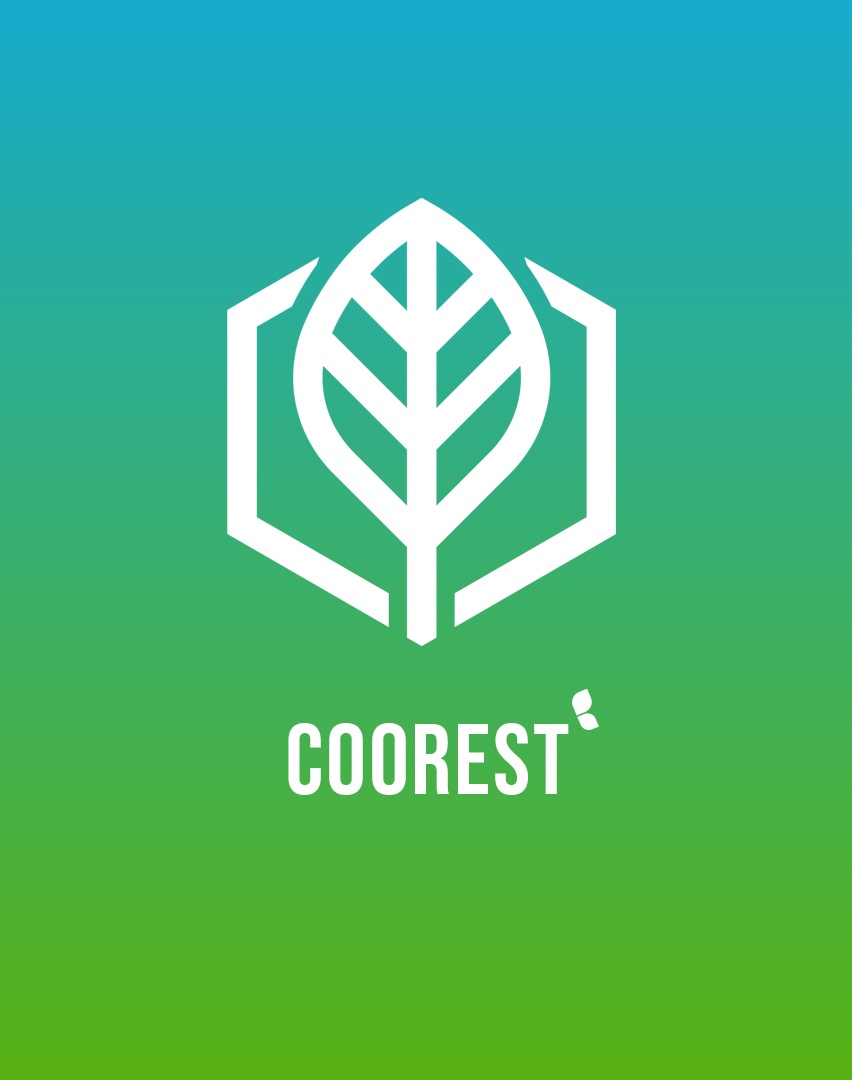 |
Implementing this conservation innovation has become possible by collaborating with Coorest who is creating the NFTs. Coorest bridges the gap between real-world assets and the blockchain through the design, creation, operation, and marketing of digital solutions. |
1. Read all about this project in our featured article, published in Private Game Magazine, Issue 5. Access the full PDF here...
2. Read our interview with CoinTelegraph here...
Update: based on the disrupted crypto markets in mid-2022 this specific project had to be put on hold. We will reactivate the concept and similar solutions with Coorest in 2023.
Current 2: Titeteze - Conservation Fables from Malawi
Conservation Fables are a genre of narrative in which one can derive a moral lesson and key value on how to change behavior to preserve and protect Earth’s wildlife, ecosystems and natural resources. Conservation Fables are traditionally passed down from generation to generation, often through quality family time. However, this knowledge is slowly being lost due to the difference in values and attitudes between the older and younger generations. In fact, this genre of fables is less commonly known than fairy tales and folktales.
We are collaborating with one of its Malawian network members, Tongole Wilderness Lodge in partnership with the Tongole Foundation, to address this knowledge gap both in the fields of conservation and cultural-education. Our project “Titeteze - Conservation Fables from Malawi” derives its title from the Chichewa word ‘titeteze’ which means “let’s protect”. In its first phase, our project aims to capture 20 traditional cultural fables about people, animals and the environment to publish and share widely in different formats for engaging our audiences, and for a profit. The returns will be used to further other conservation and community projects through Tongole Wilderness Lodge and the Tongole Foundation to achieve long-lasting impact in Malawi.
Read our first fable featured in the Private Game Magazine here...

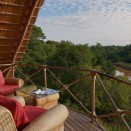
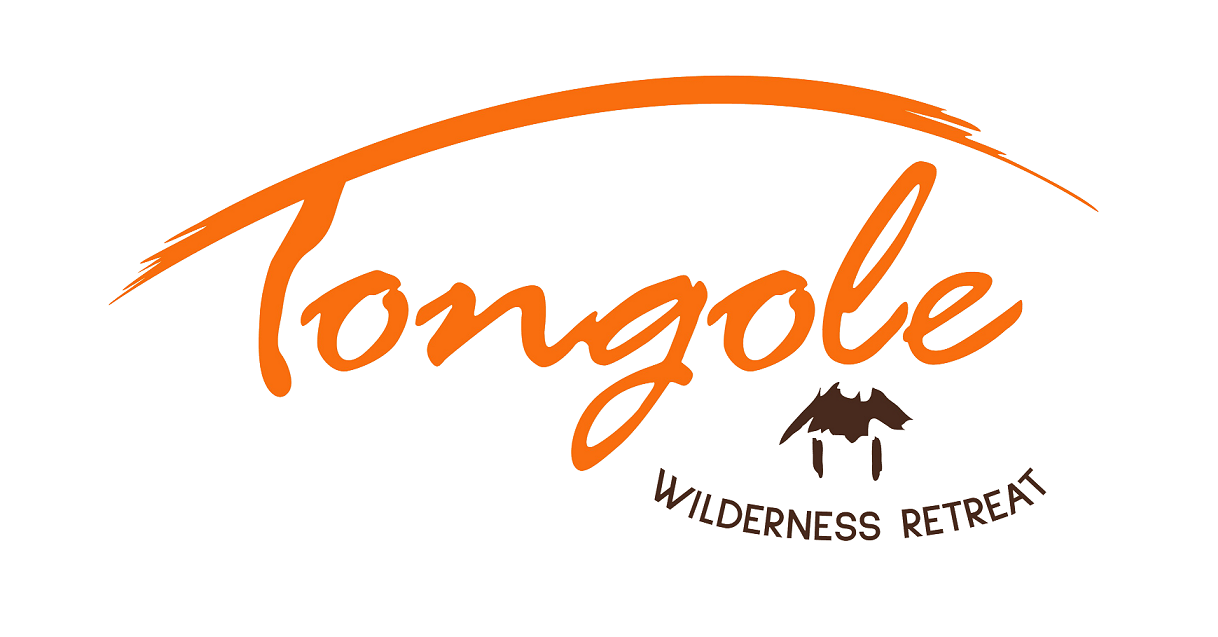
Please contact us if you would like to support this project!
Current 3: Conservation Leadership Coaching
We have embarked on a collaboration with our associate Ms Isabel Wold-Gillespie via her organization Earth Awareness.
In April 2022, we sent out a survey to all our members to conduct a needs assessment. Based on this survey and the findings, we will develop supportive tools, materials and coaching and consulting offers in 2023 and going forward.
Broad insights of the survey findings have been published in Private Game Magazine. Read the full article here...
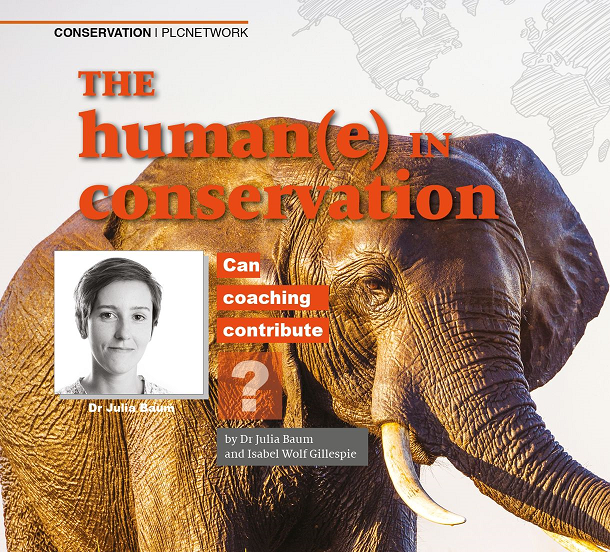
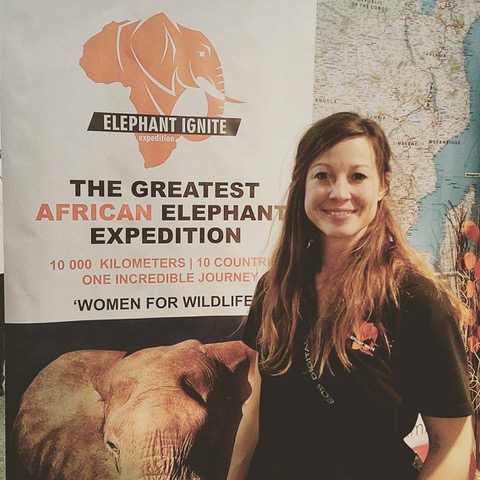
Closed Project 2021-22: Greening the Roof of Africa
Together with our member from Ethiopia, Hudad Lalibela Eco-Lodge & Retreat we embarked on a reforestation project.
The Eco-Lodge, together with their sister business Maribela Hotel in Lalibela, previously has already planted countless trees in the area and the city. Now, the team is upscaling their efforts to create long-lasting impact for the environment and the community. The Eco-Lodge team was monitoring and implementing this project on the ground.
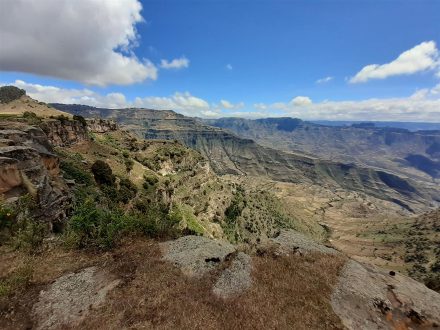
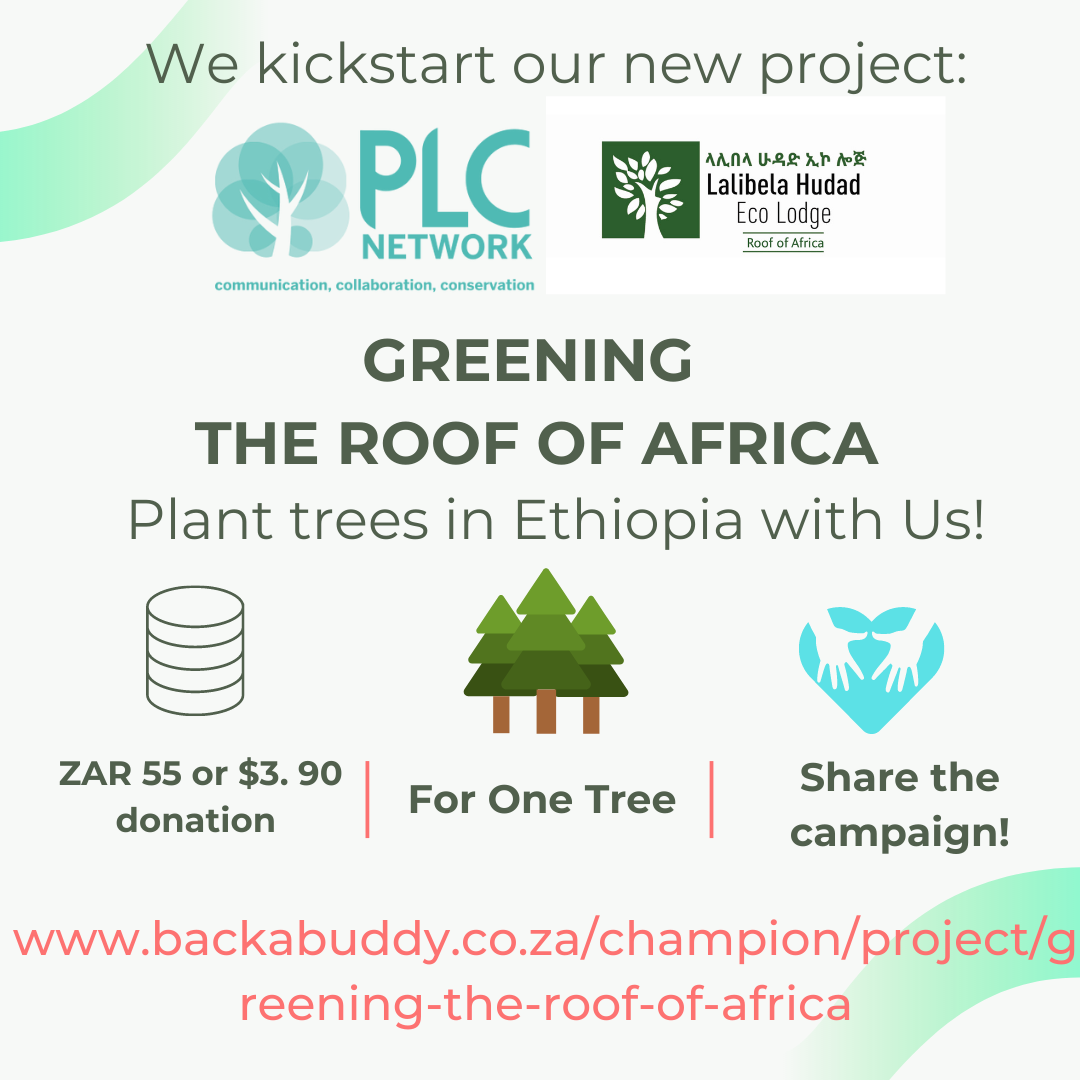
PLCnetwork facilitated the crowdfunding for our batch of tree seedlings in 2021. There was unfortunately a delay in planting the seedlings due to challenging and safety threatening war conditions in Ethiopia in 2021 and early 2022.
Finally, in September 2022, we were able to order from regional farmers and get the seedlings delivered to the Eco-Lodge.
Through combined efforts of the Eco-Lodge owners, the PLCnetwork crowdfunding and additional support from the local government, a total of 1000$ was raised and a total of 396 tree seedlings could be planted! Thank you again to all our donors!
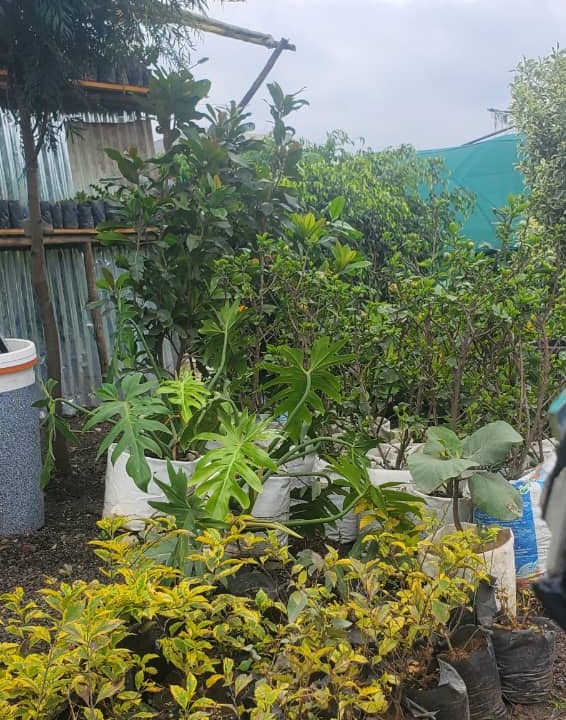
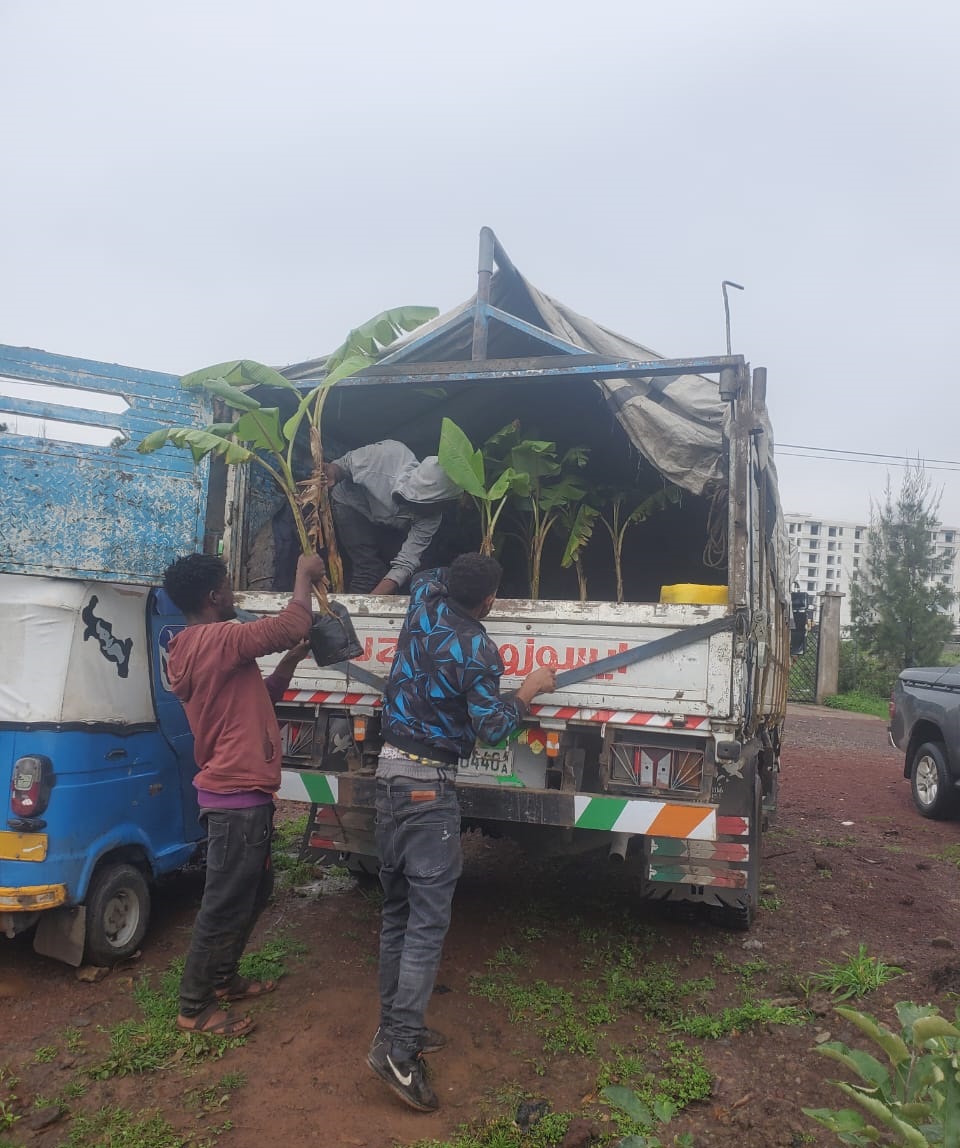
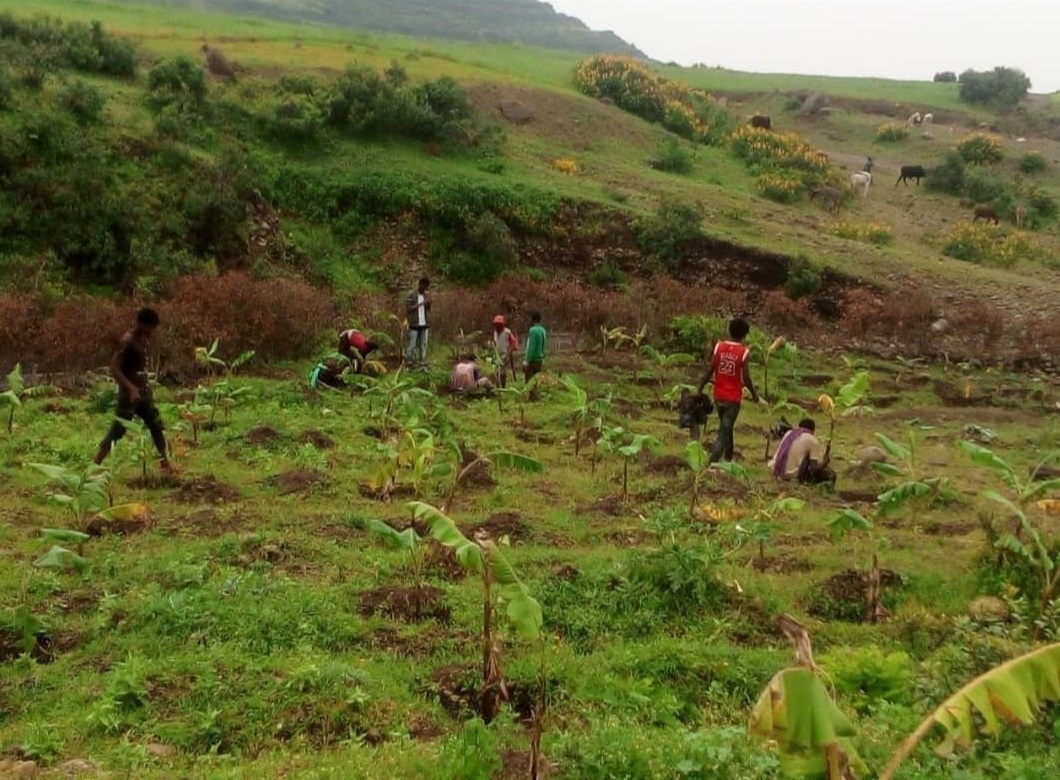
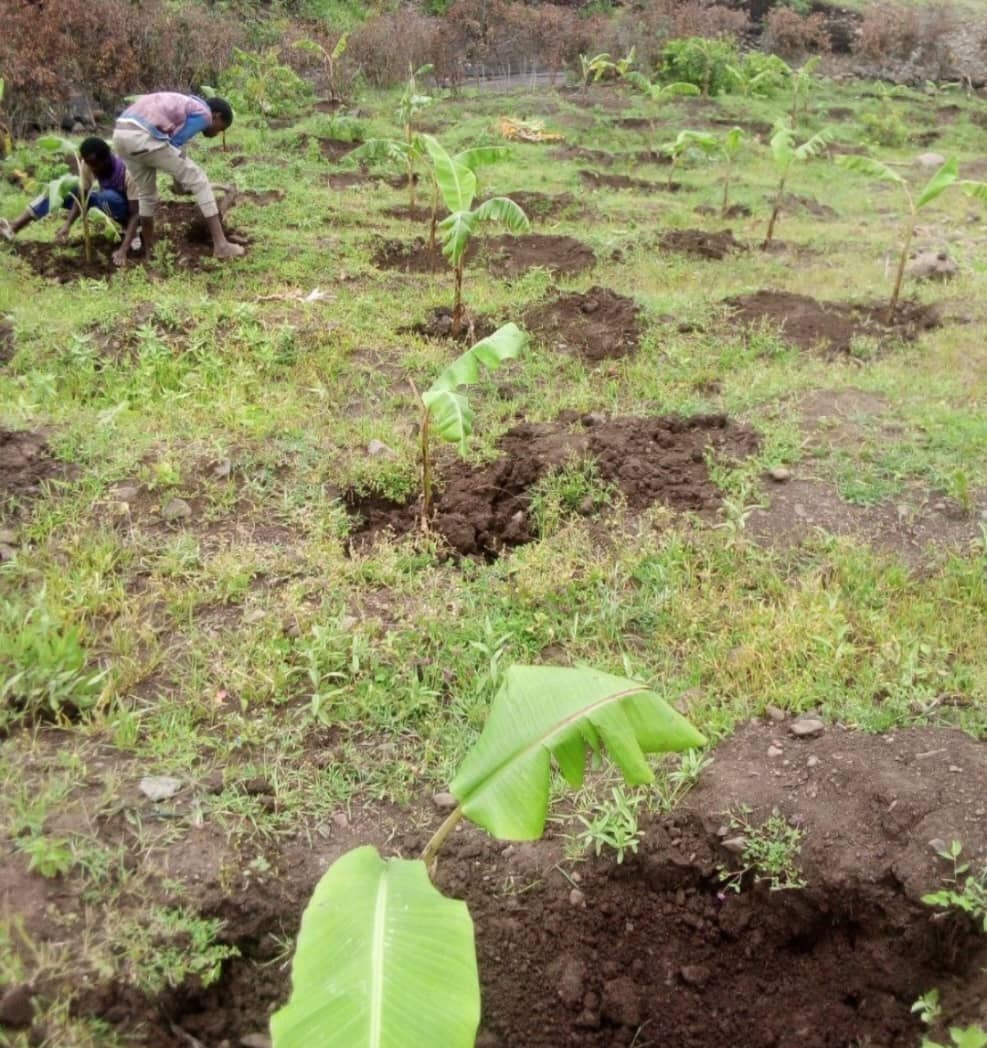
The direct impact of this project:
- You support the livelihood of local smallholder farmers! They are nursing our tree seedlings in Ethiopia. The Eco-Lodge purchased all seedlings from these local farmers.
- You support the local community of Lalibela! They participated in the planting activities, and they will make use of fruit trees which are planted as part of our project such as banana, mango, and shola.
- You support the reforestation of the Roof of Africa! This helps against soil erosion and influences the natural water cycle positively.
- You support the education of our societies! Our project highlights the value of forests, and the importance of tree planting. You are joining global efforts of reforestation and restoration of habitats.
Please contact us with any questions or become an official supporter for future planting projects!
Closed Project 2020: Rhino Dehorning at Somkhanda Community Game Reserve
In 2020, we supported our network member Somkhanda Community Game Reserve, South Africa, through a crowdfunding project to protect their magnificent rhino population.
Poaching of wildlife is a major challenge for many protected areas, and especially when being habitat to targeted species. Lead by a team of experts, at Somkhanda, the conservation model involves the darting and dehorning of rhino, and also the fitting of GPS collars which enables long-term monitoring. It has been proven that dehorning rhino has increased their survival by 80% which makes this a crucial anti-poaching strategy for the reserve.
Covid-19 had stalled ecotourism at Somkhanda at the time which has had an extremely negative effect on the resources available for their anti-poaching unit. Our objective, therefore, was to raise funds contributing to the equipment and expertise needed to dehorn, collar and track their rhinos.
Through our corwdfunding campaign, we were able to raise 9,092 ZAR. Thank you to all our donors!
